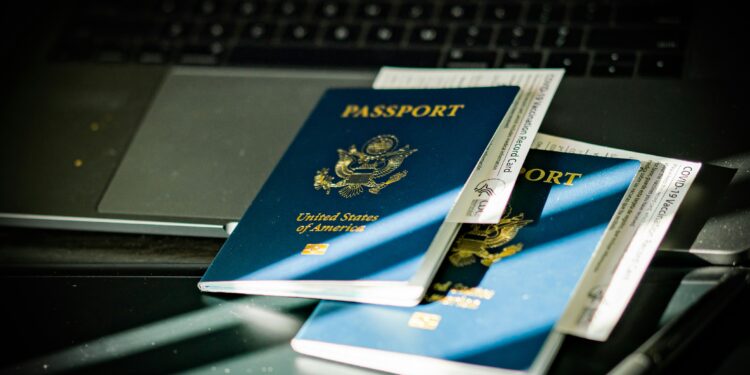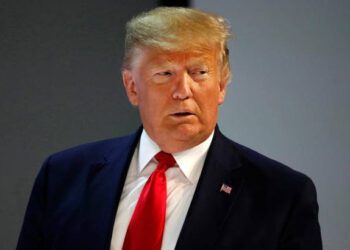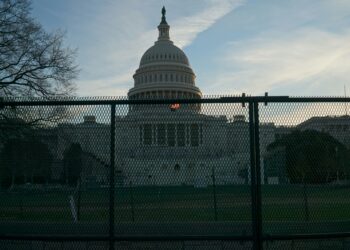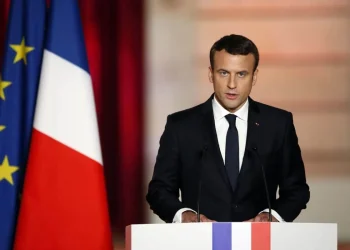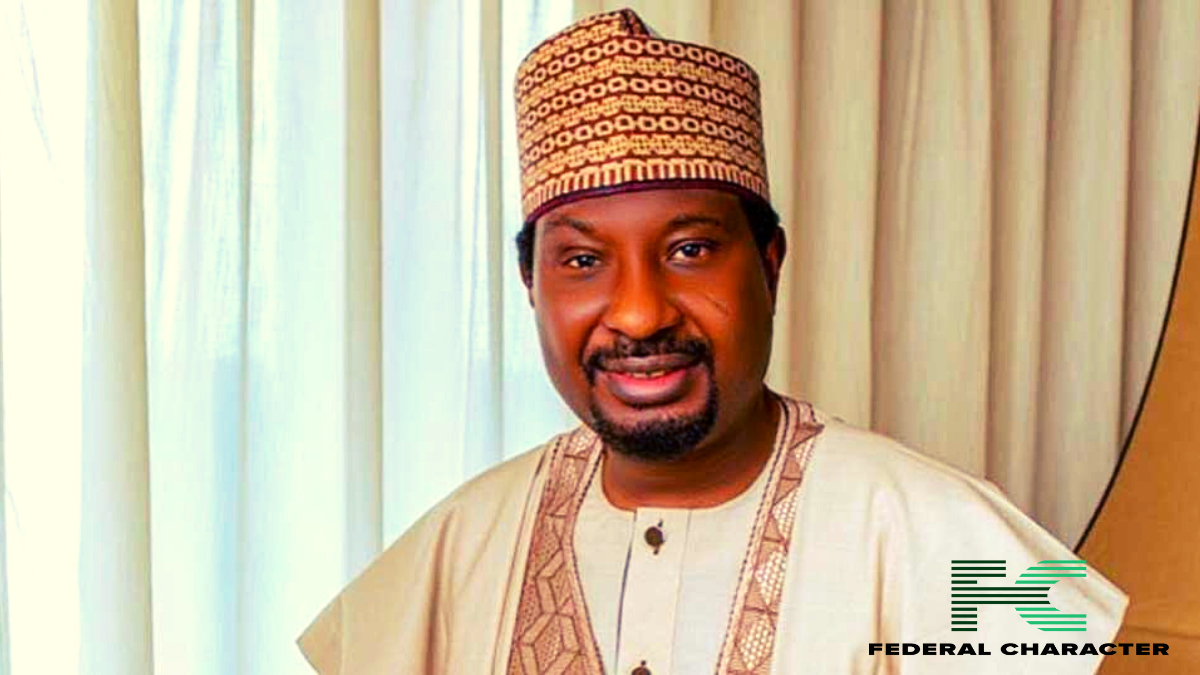The most powerful business lobby in the United States has drawn a line in the sand, filing a lawsuit against the Trump administration that poses a critical question: Is America still open for the world’s best and brightest, or is it pricing itself out of the global talent market?
The US Chamber of Commerce’s legal challenge to a new $100,000 fee on H-1B visas is a full-scale rebellion against a measure that business leaders argue will cripple innovation and cede America’s competitive edge to rival nations.
Was It A “Cost-Prohibitive” Barrier or a “Necessary Step”?
The Chamber of Commerce did not mince words, stating the fee “will make it cost-prohibitive” for companies to hire skilled foreign workers. The White House’s defense—that this is a “necessary, initial, incremental step” toward reform—comes up empty when the immediate effect is to force an impossible choice upon American businesses: absorb a massive, punitive new cost or lose access to the top-tier engineers, scientists, and developers they need to compete. The administration’s claim of widespread corporate support, touted by Commerce Secretary Howard Lutnick, is directly contradicted by the legal action from an organization representing over 3 million businesses.
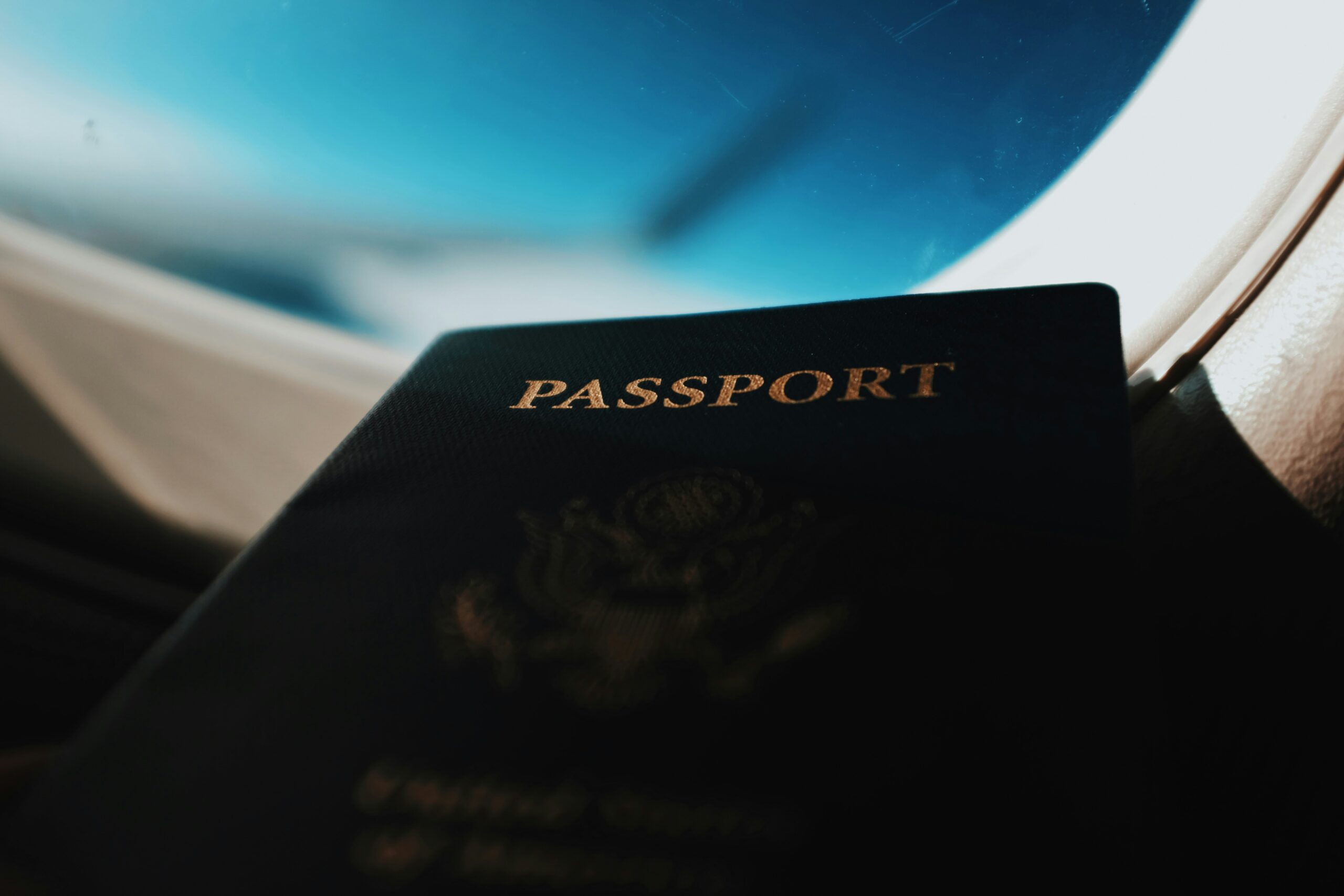
The Staggering Hypocrisy and the “Gold Card” Contradiction
The underlying message of this policy is a study in contradictions. While the administration claims the fee protects American workers from having their wages undercut, it simultaneously unveiled a “gold card” to fast-track visas for wealthy immigrants who can pay £1 million. The message herein is that the door remains open for those with sufficient capital, but is being slammed shut for the specialized skills that fuel the modern economy. This exposes the policy not as a principled stand for the American worker, but as a nakedly political gambit that ignores the practical realities of the global tech sector, where talent is the most valuable currency.
What Happens Now?
The solution to this self-inflicted crisis is not to wall off the US talent pool but to invest in it while remaining globally competitive. The lawsuit is the necessary first step to halt a policy that would inflict “significant harm on American businesses.”
Tech executives like Elon Musk, Satya Nadella, and Sundar Pichai—who themselves came to the US on H-1B visas— understand that this talent is not readily replaceable. Punishing companies for seeking the best minds is a recipe for economic stagnation.
Also, if the H-1B system needs reform, it should be through smart policy that combats abuse without resorting to what is effectively a punitive tariff on innovation.
Finally, America must decide if it wants to lead the 21st-century economy or retreat from it. The lawsuit forces that choice into the open, pitting the administration’s political narrative against the stark warnings of the entire business community.

